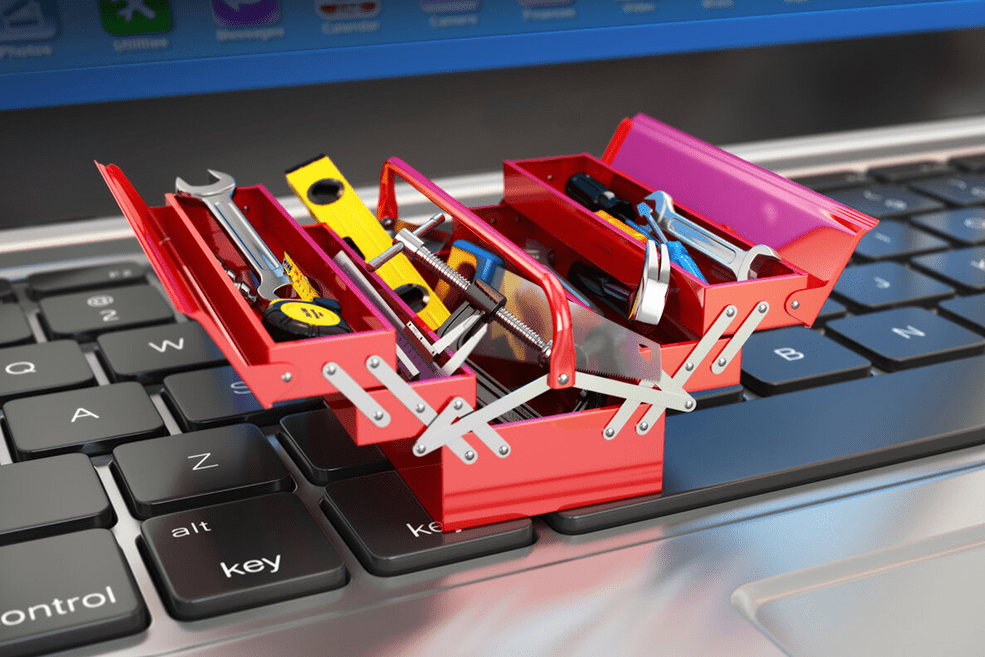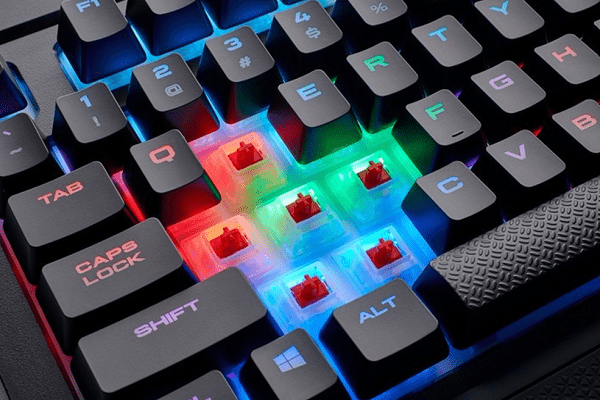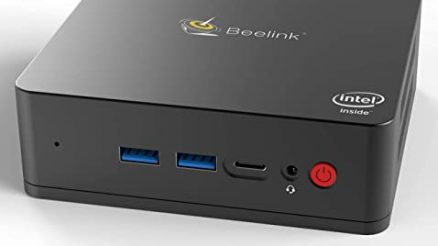Contents
Mechanical keyboards are a niche market in the keyboard industry. They offer better tactile feedback and more customization options than their membrane counterparts, but they also come with an expensive price tag. Mechanical keyboards were originally designed for gamers who needed to quickly press multiple keys simultaneously, but they have found success among bloggers and coders as well because of their superior typing experience. This post will cover all details you need to know about mechanical keyboards.
What are mechanical keyboards?
Mechanical keyboards are a type of keyboard that uses physical switches under each key to register input. This provides superior tactile feedback than the cheaper membrane counterpart, which is composed entirely of thin sheets between plastic and metal layers.
The user experience with mechanical keyboards varies depending on where you set the actuation point (how hard it needs to be pressed for a letter or symbol). For example, Cherry MX Red keys require very little force to activate, while Blue switches need more pressure before they will register an input. With this customization available, most gamers prefer to use Brown or Black-style keys because they provide just enough resistance when typing at speed without accidentally pressing other buttons too much.
Also read: How to Shop for the Best Wireless Keyboard
Benefits from upgrading your current keyboard:

There are many benefits in upgrading your current keyboard to a mechanical one. Below are some of them:
- Mechanical keyboards are more durable than regular keyboards: Mechanical keyboards are more reliable and last much longer than regular membrane models. They can even withstand years of use without needing to be replaced, thanks to their robust design.
- Keyboard customization: The ability to customize everything about your keyboard is another great benefit when you switch over from a standard model. You get the option of choosing every aspect, including what color LEDs will light up underneath each key, what type of switches or style of keys you want and how many macros or programmable buttons you need on hand at all times. This gives the user full control over everything related with their input device, which they don’t have access to if using a pre-programmed model.
- Better typing experience: This is probably one of the most important aspects for many people who are considering switching to a mechanical keyboard. Traditional models provide the user with an inferior typing experience because they don’t offer much tactile feedback, but this isn’t the case when you switch over to a model that is designed as such.

- The price tag: This will vary depending on what type of mechanical keyboard you end up choosing but regardless, these devices are expensive when compared to traditional keyboards because of all the added features we talked about earlier in this guide, such as additional macro keys and LED lights under each key. But you can also find a low profile mechanical keyboard for just a few hundred bucks.
- You will need less space than traditional keyboard setups: Mechanical keyboards take up much less desk space, especially when compared to wireless models or those with built-in features like speakers. Plus, everything is right at your fingertips on this device, so you don’t have an excuse to be lazy about remembering where everything is stored!
- Some come with extra features like USB slots or macro keys: Some mechanical keyboards come with a number of extra features that you may find useful. For instance, some models have USB slots for connecting to other devices and using it as an external keyboard with your computer or tablet. Others have macro keys, which allow the user to program custom commands into each key to make work more efficient.
- They last longer and can be used for gaming or office work: Mechanical keyboards are notorious for lasting longer than membrane models. However, due to their design, they can be used in an office setting or a gaming environment with equal success.
- They come in multiple designs: You will find that mechanical keyboards come in every style you could imagine, from sleek silver aluminum chassis models to old-school-styled wooden ones. Colors range everything from shiny black or white to bright pink!
There are also multiple styles so you can find membrane keyboards in two types – rubber dome models where every key presses down against foam under each individual keycap, and scissor-switch designs where keys rest atop one another until they depress into a linear bar below them all, offering more tactile feedback than a traditional membrane keyboard.
- Ease in simultaneous key presses: Mechanical keyboards are famous for their ability to register multiple simultaneous key presses. Most mechanical models support up to six-key rollover, or N-key rollover, where every possible combination of keys pressed at once will be detected by the keyboard and registered on-screen as separate inputs. This is not a feature that you would want in an office setting or a gaming environment with equal success.
- No driver installation needed: Unlike wireless devices, which require software drivers installed on your PC before it works properly, all you need is the keyboard itself and a USB slot for power (if applicable) – no complicated set-up required.
- Satisfaction guaranteed: Unlike other electronics like laptops, TVs, and smartphones, mechanical keyboards are not subject to the whims of a consumer market that changes with every new model release. All you need is the keyboard itself – everything else stays constant. It’s always satisfying to know exactly what you’re going to get when it comes time for replacements or upgrades in your desk setup!
Some drawbacks of mechanical keyboards:
- Expensive: Everything about mechanical keyboards is expensive, from the purchase price itself to replacement keycaps and maintenance kits.
- Complicated upkeep: While it’s satisfying knowing that your keyboard will last you a long time once properly taken care of, one wrong move during cleaning can lead to disastrous results (and an even more costly repair process).
- Noisy: Mechanical keyboards tend to be louder than their membrane counterparts, which can lead to distracting noise in a quiet office.
- More difficult to clean: As mentioned before, everything about mechanical keyboards is expensive and complicated-including the process of thoroughly cleaning your keyboard.
Conclusion:
Mechanical keyboards are an expensive but worthwhile investment for anyone who spends a significant amount of time writing or typing. They offer better tactile feedback and more customization options than traditional membrane models. So make sure you know your requirements before you buy it.





